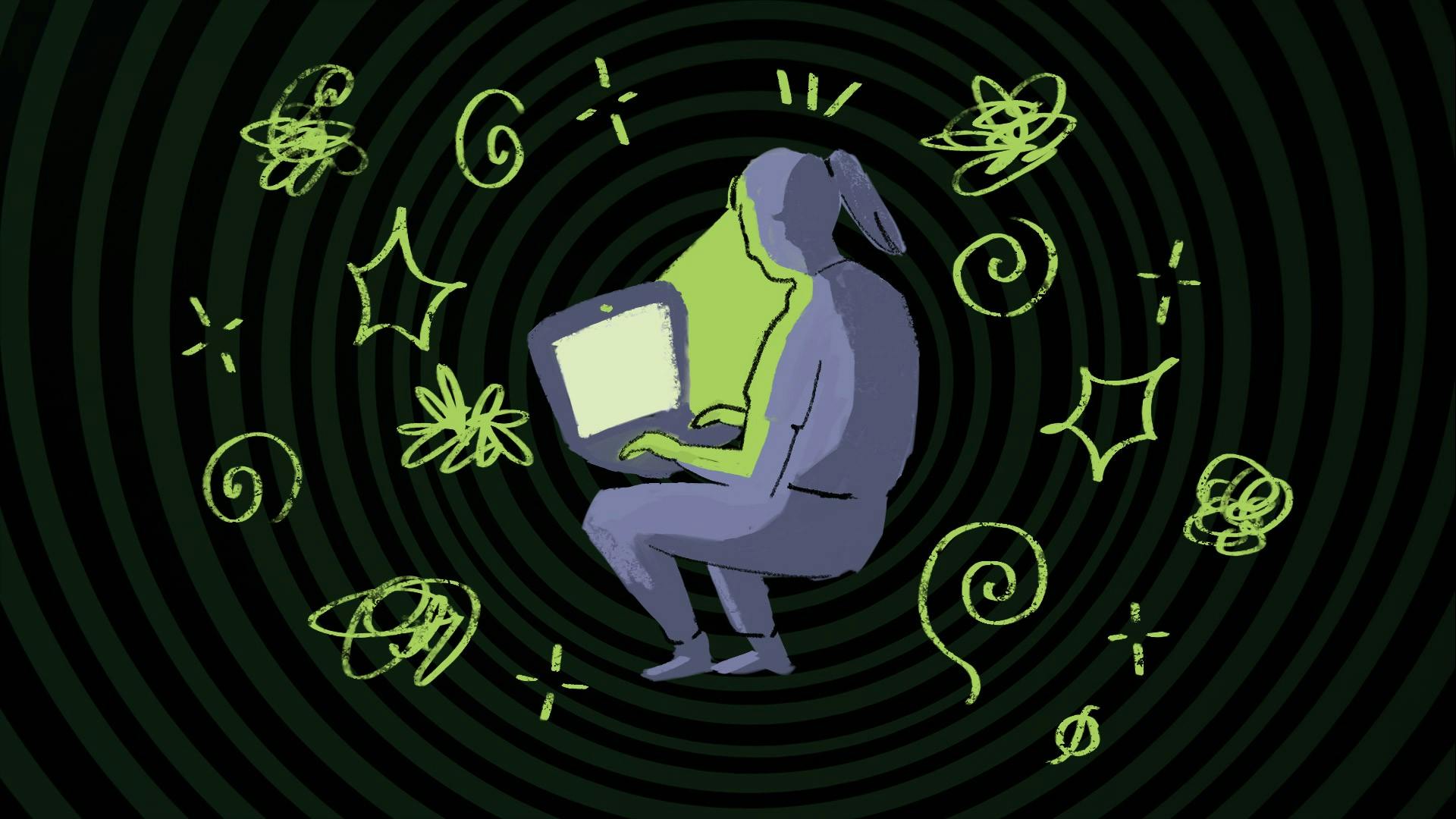According to a 2015 study by the National College Health Assessment, "85% of college students reported that they had felt overwhelmed by everything they had to do at some point within the past year."
At Michigan State University, professors approach mental health in different ways, choosing what to include in their syllabi and how often they choose to check in on their students.
Assistant Professor of psychology and social science William Chopik includes a few links to university centers and resources in his syllabus, some of the mental health information he includes falls under disability considerations as well as student wellness.
Journalism professor Geri Zeldes takes it one step further and devotes a whole section to emotional self-care, which she feels is especially necessary for students at this time.
She also has her students' numbers, which helps her get in contact with them if need be.
“I have all of my students text me, and that gives me an opportunity to, if I notice throughout the semester anything that flags they are struggling somewhat I will check on them via text just quickly just to see how they are doing,” Zeldes said.
Chopik said that students often have "this perception that professors are either clueless or checked out and that they don’t care about students’ mental health." However, often there is an underappreciated compassion professors have for their students.
History professor Kirsten Fermaglich typically requires participation in her classes; however, she will always go out of her way to make sure that students are comfortable. If they have social anxiety issues, she is always willing to work with them to form a solution.
Even though Fermaglich sets deadlines for her course, she is always willing to adjust based on the circumstances of students because “stuff happens” especially during COVID-19, such as if a student is taking care of a parent or sibling, having trouble with accessing Zoom due to the internet, or dealing with grief, anxiety and stress.
However, Fermaglich said that students should get access to resources that can be more helpful than a professor and that professors should get more mental health training to bridge that gap.
“People should be talking to counselors," Fermaglich said. "Professors want to be helpful … I mean, they love their students. I love my students. They're great people. You develop a lot of affection, and you really want to support people as much as you can but the fact is we’re not trained."
Amy Bonomi, a professor in human development and sexuality, starts off her class by asking her students if they have any major things happening in their lives through three questions: What brings you joy? What troubles you right now? What hopes do you have? This helps her better accommodate students.
Bonomi also asked them to describe how they’re feeling. Many of the students said they were tired, hopeful, optimistic, stressed and overwhelmed.
“Hungry was another big theme, so we want to be sure when we’re thinking about mental health or well-being that these basic needs are being met,” Bonomi said. “I think sometimes we take for granted or assume people have their basic needs met, but the reality is we have students who will fall in the category where they’re struggling financially and might not be able to have those needs met.”
Zeldes said if students need a break when it comes to their mental health, she’s more than happy to talk them through it. Students need to get enough rest because sleeping is key to being able to thrive in an environment with COVID-19 and online classes, she said.
Zeldes also suggested exercising, breathing deeply and drinking water. Health care, especially emotional health care, should be students’ top priority as “school will be there,” Zeldes said.
“We’re not just conveyors of information," Zeldes said. "We want our students to thrive and be able to move forward. Mental health care can be daunting in many levels and it inhibits progress forward.”
Chopik said that the only way to end the stigma of mental health is to actively talk about mental health with students.
“Toward the goal of trying to destigmatize these things, I think it’s important to advertise what’s available, make it more accessible to people, make it easier to sign up,” Chopik said. “It takes an incredible amount of strength to realize you need help and then go and seek that out.”
Director of Student Wellness and Embedded Counseling and Psychiatric Services (CAPS) Counselor Jonathan Ritz said in an email that faculty could add language to their syllabi that assures students they understand the significant health, financial and other stressors many students are facing and let students know it’s OK to reach out to them for help.
Support student media!
Please consider donating to The State News and help fund the future of journalism.
Professors can also offer some flexibility in ways students can successfully fulfill class requirements. It’s also good to list campus resources students can use, particularly CAPS, Ritz said. There's a document available that assists professors in tackling a student’s mental health concern.
He also said that faculty should take care of themselves as well.
“Faculty should be mindful of the extra stress it puts on them when they provide emotional support to students," Ritz said. "It’s important for faculty to reach out for support from colleagues, including MSU's Employee Assistance Program. It’s the same message we want to give our students: Don’t feel like you have to take this on in isolation, all by yourself — you don’t."
This article is part of the 'We Can't Forget' print issue. Read the entire issue here.
Discussion
Share and discuss “Professors respond to mental health within their classes” on social media.







